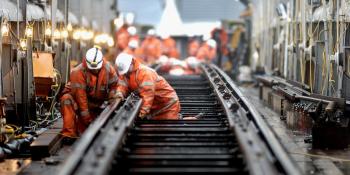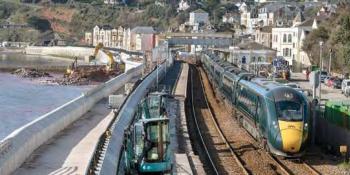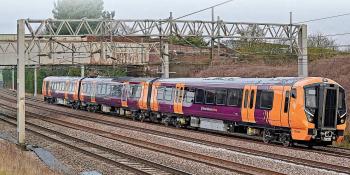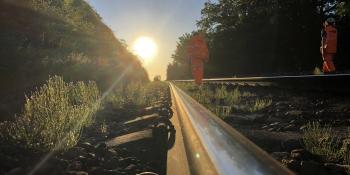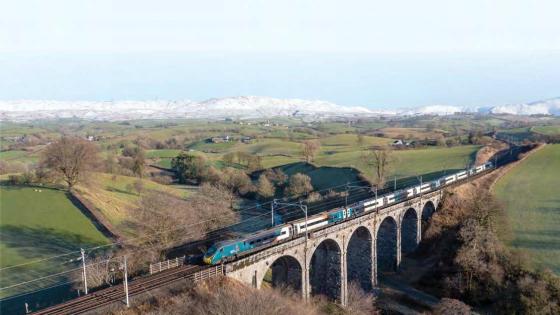
‘Rail strikes set to cause massive disruption’, was the gist of headlines the day after the Elizabeth Line opened on 24 May. RMT members at 13 train operating companies and Network Rail voted for action short of strikes and strikes themselves, with only those in Govia Thameslink Railway and Island line demurring on strikes.
So, that’s it. The Doomsday scenario of a summer of disruption and a collapse of confidence from the leisure market which has driven much of the post-pandemic recovery. Followed by swingeing cuts in expenditure and services and then staff.
That could happen - but at the time of writing, it is far from a given. The ballot is a sign of RMT members’ dissatisfaction with their pay, terms and conditions and job security, but not yet an instruction to down tools. There are reasons to think that while the nuclear option is now on the table, it might not be deployed.
Why? Firstly, because the potentially damaging consequences of causing huge disruption to passengers will be obvious to the RMT. Leisure travellers actively choose to use rail. Faced with uncertain journeys caused by industrial action, many will opt for other modes or not travel at all. Some – many, perhaps – may decide not to use rail again in the near future. A reversal in the post-pandemic passenger recovery driven largely by leisure travel will put RMT members’ jobs at huge risk of being cut – a result which would be lose-lose for staff, the industry and passengers alike.
Secondly, the RMT will be well aware that although many of its members worked bravely through the pandemic operating services and maintaining the railway, rail staff are (rightly or wrongly) not widely held in quite the same regard as the likes of NHS staff or the emergency services for their efforts. Holding out for an inflation-busting pay rise when nurses have received far less will not play well with the public at all. There will be little sympathy given that everyone is affected by the cost of living crisis (and perhaps even some envy that rail staff are organised enough to take industrial action).
Thirdly and finally, the RMT will be acutely conscious that technological developments are changing roles across the railway. These may or may not involve reductions in headcount, but long-lasting disruption and a reversal of the recovery will only accelerate the introduction of technologies which enable that and the associated cost savings.
There is also a strong political element at play here. Trades unions are inevitably ideologically opposed to a Conservative Government which in turn dislikes the influence they have. Ideologically, can the Government to approve a pay deal for rail workers brought about by industrial action? That remains to be seen.
High stakes...
The stakes and risks are high on both sides of the dispute. A failure by management to resolve the dispute without being seen to give in to union demands will make it harder to reform working practices, which the Rail Recovery Group (of which the RMT is a member) signed a framework agreeing to. Failure by the RMT to secure a pay deal would be harmful for the union as well as its members.
It is vital the RMT, Network Rail and train operators come to the table in a spirit of co-operation and goodwill and find a solution which at least ameliorates the concerns of rail staff, while not shooting themselves in the foot at the same time with massively higher costs or the potential for severe cuts in the future. It will not be easy. All parties must tread carefully. The Department for Transport, meanwhile, must give the train operators and Network Rail freedom to negotiate sensibly and pragmatically.
..but a big prize?
But there is a prize for all if this dispute can be resolved without disruption to passengers. The recovery can continue and revenues can grow. Confidence in the railway’s ability to work collaboratively can enable reform of working practices and introduction of new technology to proceed and create a more efficient railway. Finally, with fuel prices rising and awareness and concern about the climate emergency growing, a quick resolution to this dispute can put the rail industry in a strong position to enable modal shift from road and to be in a more viable and secure position than it has been since the start of the pandemic.
For all parties, the imperative is simple: don’t stuff this up.
